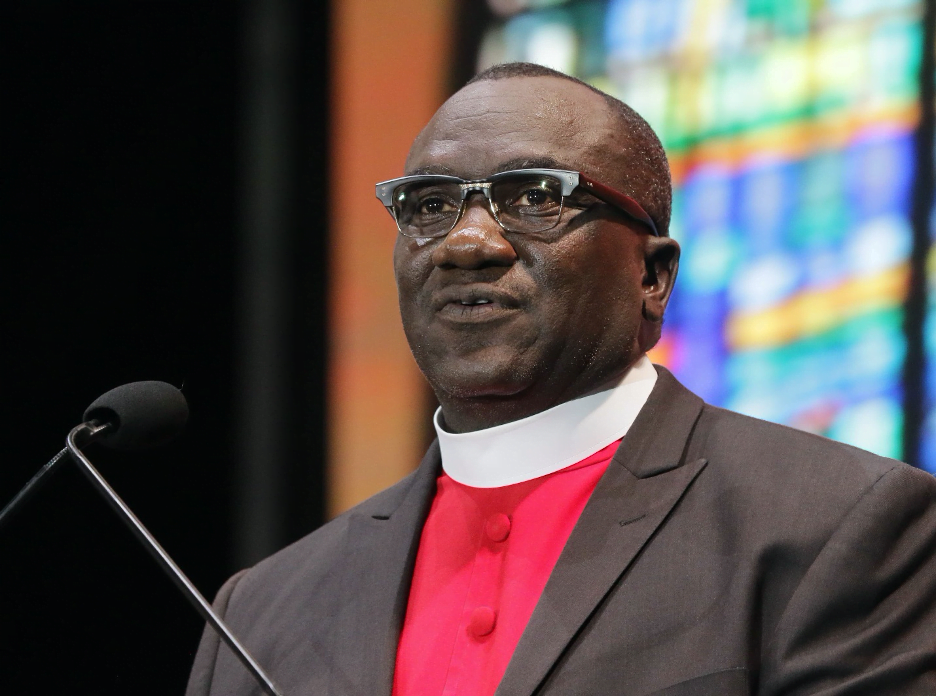NASSAU, BAHAMAS — The Bahamas Christian Council (BCC) yesterday maintained its opposition to marijuana reform and the introduction of a hemp industry.
In a statement, BCC president Bishop Delton Fernander said the council is concerned that the government may be “experiencing a nudge by individuals or groups with a special interest in marijuana be they economic or otherwise”.
He added the prime minister has not mentioned, invited, or sought to date any consultation with the Bahamas Christian Council or the church within the country on these matters.
“Marijuana is considered a drug or controlled substance in the Commonwealth of the Bahamas,” Fernander said.
“The church is all too familiar with the devastating effects the sale, distribution, and consumption of marijuana have had and continues to have on individuals most especially our young men and women.
“We have seen first-hand the physical, emotional and mental damage this drug has had on the lives of countless families, leaving in its path a trail of destruction of homes, property and most importantly human lives.
Fernander also pointed to the negative impact that marijuana use has on young people.
He said the council was “a little surprised” the Minnis-led administration would pursue marijuana reform, and even more so a hemp industry – when there were more important matters to be addressed.
He underscored serious violent crime, including the murders of children; the impact of Hurricane Dorian; and the onset of the COVID-19 pandemic.
“The Bahamas Christian Council believes that marijuana or the introduction of a hemp industry is simply not the solution that the country is seeking or needs to address our many woes,” Fernander said.
“We can also see no societal or national advantage with the proposals submitted to the Government by the Bahamas National Commission on marijuana.
“The idea of decriminalizing small amounts of marijuana suggests that lawmakers see no objection to its citizens especially young men possessing marijuana so long that it is in small quantities. Knowing the addictive and psychological effects associated with marijuana use, this is indeed troubling to know that our legislators are prepared to place its endorsement behind allowing young people access to a drug that has already proven its negative effects within our society and to individual users.”
Fernander noted the government’s commitment not to change any laws before a nationwide, comprehensive public education programme was carried out, adding the council further suggested a similar consultative process.
He furthered that religious community was often pursued and courted by politicians during election season but then distanced from once a political aspirant is successful.
“It is our belief that if the influence of the church is valued in pursuit of high office then equally the influence and the input of the church on important social matters regarding marijuana, should have been sought before being placed before the parliament,” he said.
Fernander said the BCC would like to encourage the government to meet with all social stakeholders – including the BCC, churches, school principals and guidance counselors as well as families affected by marijuana – before passing any laws relating to the decriminalization of small amounts of marijuana or the expungement of records of those convicted for the possession of small amounts of marijuana.
The BCC also called on the government to carefully consider the national and individual impact recommendations submitted by the Bahamas National Commission on marijuana will have on our already fragile social and economic conditions, and carefully consider the impact of introducing a hemp industry will have on vulnerable families and individuals as well as the image and reputation of the Commonwealth of the Bahamas in the international community.


















